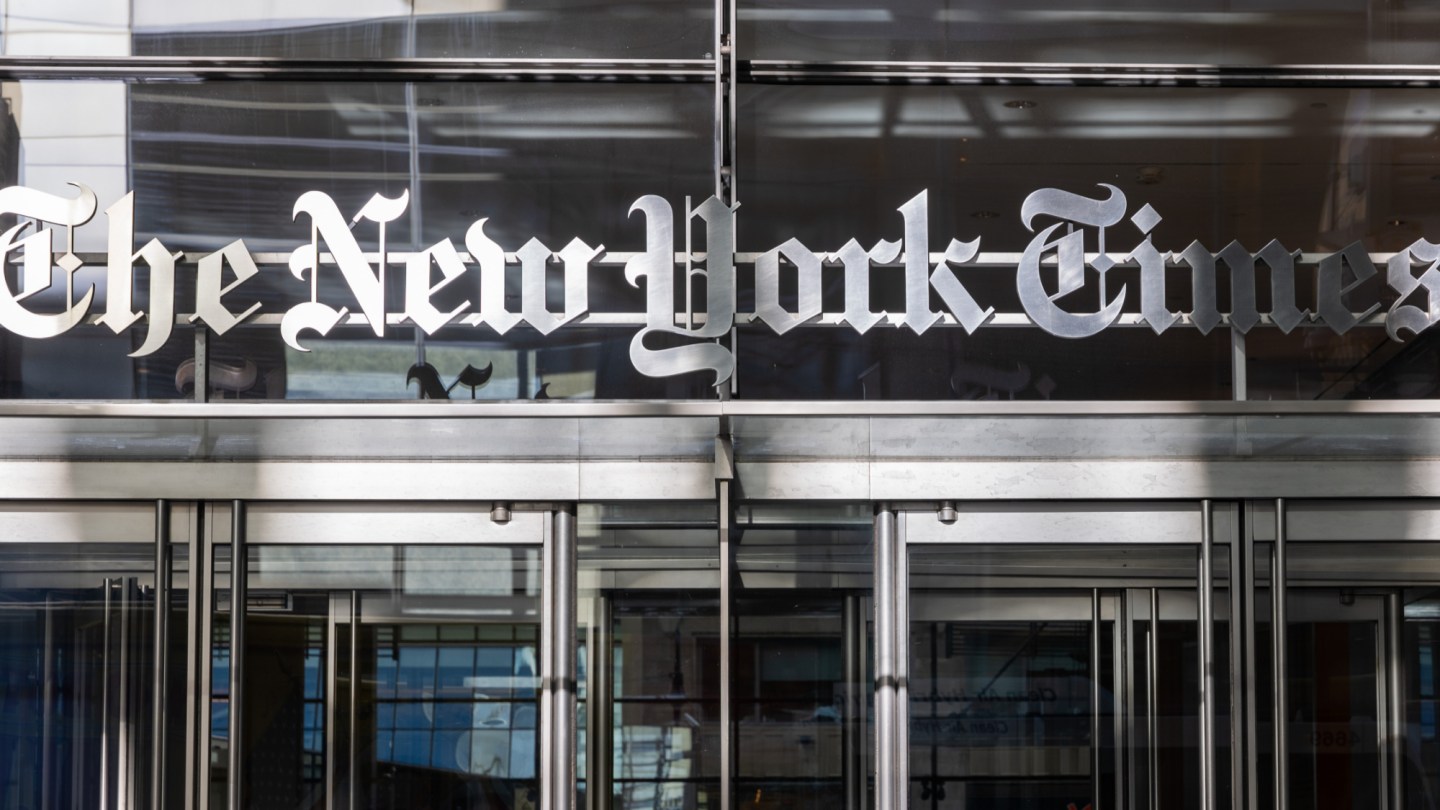Court Progresses Copyright Case Between The New York Times and OpenAI

OpenAI Faces Copyright Lawsuit from The New York Times
A recent ruling from a federal judge has advanced a copyright lawsuit filed by The New York Times against OpenAI. The case centers on allegations that OpenAI used the publication’s articles to train its AI systems without the needed permissions or compensation.
Judge’s Ruling on the Case
U.S. District Judge Sidney Stein ruled on Wednesday that The New York Times’ main claims of copyright infringement would proceed, though she limited the overall scope of the case. Judge Stein has indicated that she will deliver a decision on certain aspects “expeditiously.”
This ruling is significant because it allows The New York Times to address the crucial issue of fair use, which plays a vital role in cases related to artificial intelligence. This concept examines if copyrighted materials can be utilized to train AI systems without proper licensing.
Background of the Lawsuit
The New York Times initiated the lawsuit in 2023 after unsuccessful negotiations regarding a licensing agreement with OpenAI, along with Microsoft. The talks aimed to establish guidelines for using the newspaper’s articles in the development of AI tools, particularly after the launch of ChatGPT and Bing Chat stirred concerns over content usage. Despite attempts at reaching an agreement, no resolution was achieved.
The lawsuit is part of a broader trend, as various news organizations have begun to take legal action against OpenAI. The outcome of these cases could significantly impact the news industry, potentially affecting how media organizations finance their operations. With more users getting information through AI-generated summaries rather than directly from news websites, traditional media outlets may face financial challenges.
Claims by The New York Times
In their complaint, The New York Times provided substantial evidence, showing that OpenAI’s products often included nearly identical excerpts from its articles. The publication argued that this practice allows users to bypass paywalls, which harms its subscription revenue. For instance, Bing Chat reportedly copied almost the entirety of an article titled "The Secrets Hamas Knew About Israel’s Military." The New York Times presented numerous instances where OpenAI’s GPT produced verbatim text from its articles, highlighting the extent of the alleged infringement.
In response to the lawsuit, OpenAI has made alterations to its chatbot to prevent it from producing exact replicas of articles.
Contrast with Other Media Agreements
The New York Times’ lawsuit contrasts with the approach taken by some other media companies. Publications such as News Corp, which owns The Wall Street Journal and New York Post, as well as Condé Nast, which publishes The New Yorker, have chosen to engage with OpenAI through licensing agreements. For example, Dotdash Meredith, a major media company, disclosed that its licensing agreement with OpenAI resulted in an annual income of about $16 million.
Financial Considerations for The New York Times
As the case unfolds, The New York Times has reported spending approximately $10.8 million on expenses related to litigation over generative AI in 2024, indicating the financial stakes involved in this legal battle. Additionally, should the court find OpenAI liable for copyright infringement, the damages could be substantial, with each instance of willful violation potentially resulting in maximum statutory damages of $150,000.
The lawsuit includes claims of copyright infringement, contributory copyright infringement, and trademark dilution, although some claims related to unfair competition and violations of the Digital Millennium Copyright Act were dismissed with prejudice, indicating they cannot be refiled.
This ongoing legal fight highlights the complexities and challenges surrounding content usage and copyright in an age increasingly dominated by artificial intelligence technologies. The outcome of this case could set important precedents for the relationship between media organizations and AI companies in the future.





